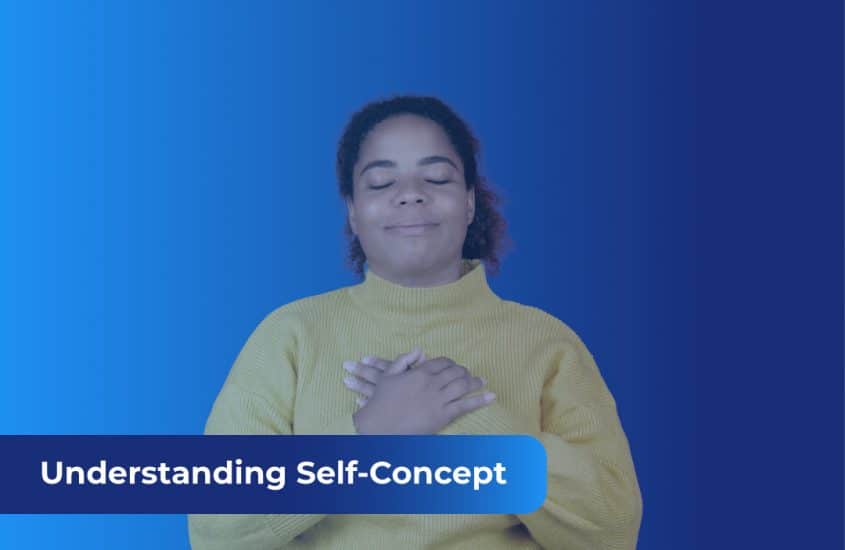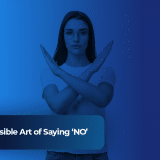Understanding Self-Concept

Author: Manasa Sai Sekar
Self-concept is the set of beliefs we have about our capabilities, our bodies, and how we think we are perceived. Self-concept matters because it influences our organizational abilities. Analyzing complex issues, decision-making, goal setting, and prioritization are some examples of organizational abilities. Humanist psychologist Dr. Carl Rogers came up with three distinct parts of self-concept: self-esteem, self-image, and ideal self.
Internally, self-esteem is influenced by how we feel about ourselves, how we compare ourselves to others, and the type of feedback we give to ourselves. A high level of self-esteem ensures that an employee is able to trust their judgment and hence is more likely to make better decisions. Thereby, creating effective interpersonal, work relationships, and building a comfortable work environment.
Self-image is the mental picture that we have of ourselves. It acts as an “internal dictionary” that describes the characteristics of the self. These form a collective representation of our strengths and weaknesses as we see them. Our relationships with others such as teachers, friends, and family reinforce what we think and feel about ourselves. We project an image of ourselves everyday through our Visual Cues that include aspects such as appearance, facial expressions and body language. Through this image we communicate with people without saying a word.
Ideal self is the vision we develop for ourselves. The ideal self is the part that consists of their desires, hopes, and wishes. It is a part that is prized by the individual, hence, the ideal self is considered to be a person’s motivator. Poor ideal self-manifests itself at the workplace by exhibiting qualities such as withholding, attacking on the subconscious level, and by crossing other people’s boundaries. Employees withhold participation, praise, speech, information, and their best efforts. Teasing and sarcasm attack people of a sub-conscious level. Crossing the boundaries of others, or “bugging” them, is another way hostility is expressed.
Simple ways to enhance self-concept:
Set manageable goals
Inner critic does not always help, hence, let go of it!
Find people with who you can share your insecurities
Spend some time every month for making a list of all your achievements
Self-concept is something that we take for granted because it is intangible. However, we have to be mindful about the way our self-concept affects others. We perceive others at the capacity at which we perceive ourselves.









